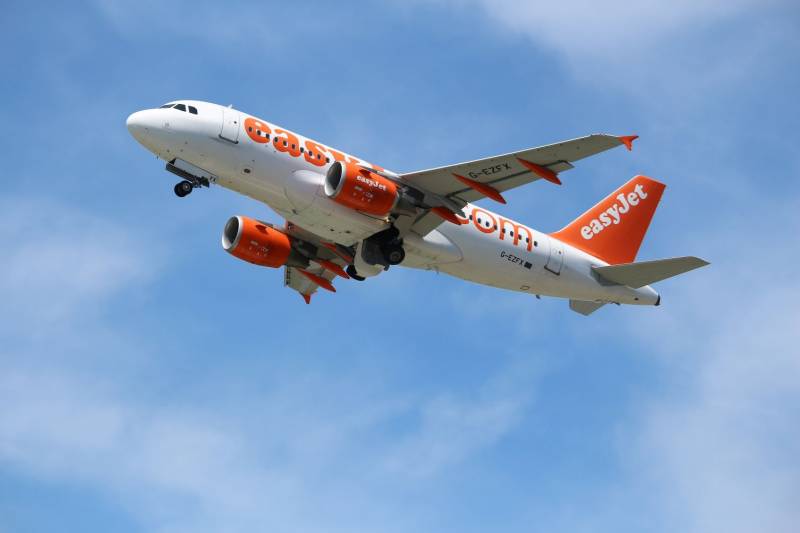Date Published: 13/11/2024
Airlines cite hotel shortage in Murcia as barrier to expanding Corvera Airport routes
British and Spanish airlines have claimed that a lack of hotels in the Region of Murcia is stopping them from adding more flights at Corvera Airport
Executives from major airlines, including easyJet and Jet2.com, have highlighted a shortage of hotels in the Region of Murcia as a significant obstacle to expanding routes at
Corvera International Airport.
The observation was made during a roundtable discussion at the 1st Tourism Convention for the Region of Murcia, held at the Victor Villegas Auditorium on November 12, moderated by airport director Carlos San Martín.
British airline representatives expressed concern that the limited accommodation options in Murcia are hampering the region’s appeal as a destination. Manuel Vale of easyJet and Ricardo Querol of Jet2.com acknowledged this as a primary challenge, with Querol emphasising that the demand in the area, while solid, consists mainly of second-home travellers.
He noted that Jet2.com’s shift towards working primarily with tour operators post-pandemic further exposed the Region’s limited hotel infrastructure.
Querol went on to illustrate the contrast with
Almería, where Jet2 has continued operating routes due to a more concentrated hotel presence in specific coastal municipalities. The lack of a similar number of hotels in Murcia, he argued, complicates the airlines’ ability to maintain consistent traffic on routes to Corvera year-round.
“After the pandemic, we decided that the low-cost model was not sustainable and decided to focus on working with tour operators. The Region’s routes with the UK were working very well, but we noticed that mainly travellers were going to second homes. With the new business model, we found a problem with the hotel offer and the complementary offer of the Region of Murcia, despite being a destination with great potential, institutions that collaborate and a very good airport,” said Querol.
Manuel Vale of easyJet, which has served 174,276 passengers at Corvera this year, voiced similar concerns, explaining that the high operating costs of maintaining aircraft require routes that attract consistent passenger numbers year-round.
For easyJet, Murcia’s limited coastal accommodation represents a hurdle to establishing further flights between the Region and airports in the UK. Vale added that while Murcia’s tourist offerings are varied, global competition among destinations means that Murcia will need to expand its accommodation options to remain competitive.
Domestic airlines in Spain echoed similar sentiments on the need for expansion and strategic growth. Volotea, a carrier focused on the domestic Spanish market, aims to maintain its current regional focus but suggested that an international connection from Corvera could be possible in the future.
Volotea Strategy Director Gabriel Schmilovich encouraged the regional government to promote Murcia not only as a destination for tourists to visit, but also as a source of tourists wanting to visit other places. He pointed out that many residents of Murcia continue to travel through
Alicante Airport, often unaware of Corvera’s route offerings.
Binter, a Spanish airline which operates between Murcia and the Canary Islands, emphasised the importance of promoting tourism opportunities that can attract visitors year-round, such as wine tours to Murcia’s Designations of Origin such as
Jumilla,
Bullas and
Yecla.
Samuel Ferrera, representing the airline, highlighted the need to draw both Canarian and Murcian travellers, suggesting that both markets hold untapped potential.
Corvera Airport’s growth figures underscore the slow pace of expansion.
Passenger numbers reached 841,845 from January to October, marking a modest 2% rise from the same period in 2023. But that is still almost 17% below the passenger numbers it handled back in 2019 when it first opened.
The consensus among airline representatives is clear: to unlock further growth, the Region of Murcia will need to bolster its hotel infrastructure, especially in coastal areas.
Such development could enable the airport to draw more airlines and routes, boosting both domestic and international tourism.
article_detail

|










